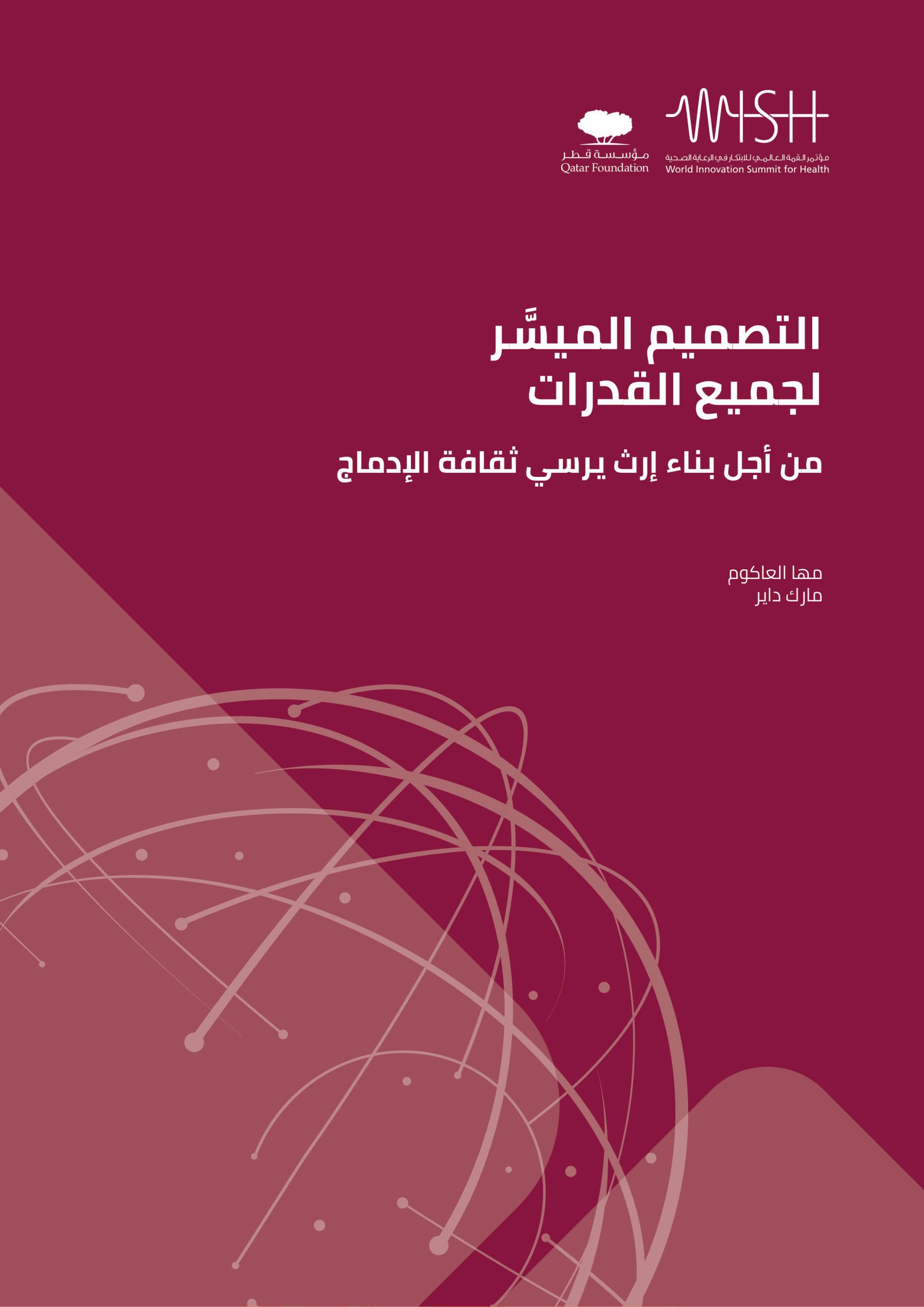من أجل بناء إرث يرسي ثقافة الإدماج
مها العاكوم, مارك داير
من المتوقع أن يعيش 68 في المائة من سكان العالم في المدن الحضرية بحلول عام 2050 ، مما يجعل التحضر أحد الاتجاهات العالمية المحددة لهذا القرن. ومن بين 6،25 مليار شخص يعيشون في المدن، سيكون هناك ما يناهز مليار شخص من ذوي الإعاقة. وبالتالي، من الأهمية بمكان أن تخطط الحكومات لتصميم وإنشاء البنى التحتية والأماكن العامة والخدمات التي تسهل الوصول والمشاركة المتساوية وتمكّن منها لفائدة كافة أفراد المجتمع دون استثناء. تشير الدئلال المتاحة أن الطريق ما زال طويلاً لتحقيق مسعانا. في ظل الوقت الراهن في الوقت الراهن، فإن 15 في المائة من سكان العالم من ذوي الإعاقة المقيمين في المدن الحضرية أفادوا عمومًا بأنهم يعانون من تعذر إمكانية الوصول في البيئات المادية – مثل المساكن والطرق والمباني والأماكن العامة – بالإضافة إلى المعلومات وتقنيات الاتصالات. وتؤثر هذه المعيقات على الاستفادة من التعليم والعمل وتسهم في التهميش والوصم اللذين تواجههما هذه الشريحة من المجتمع. وفي المقابل، يمكن أن يؤثر ذلك سلبًا على صحة ورفاهية هذا المجتمع.

